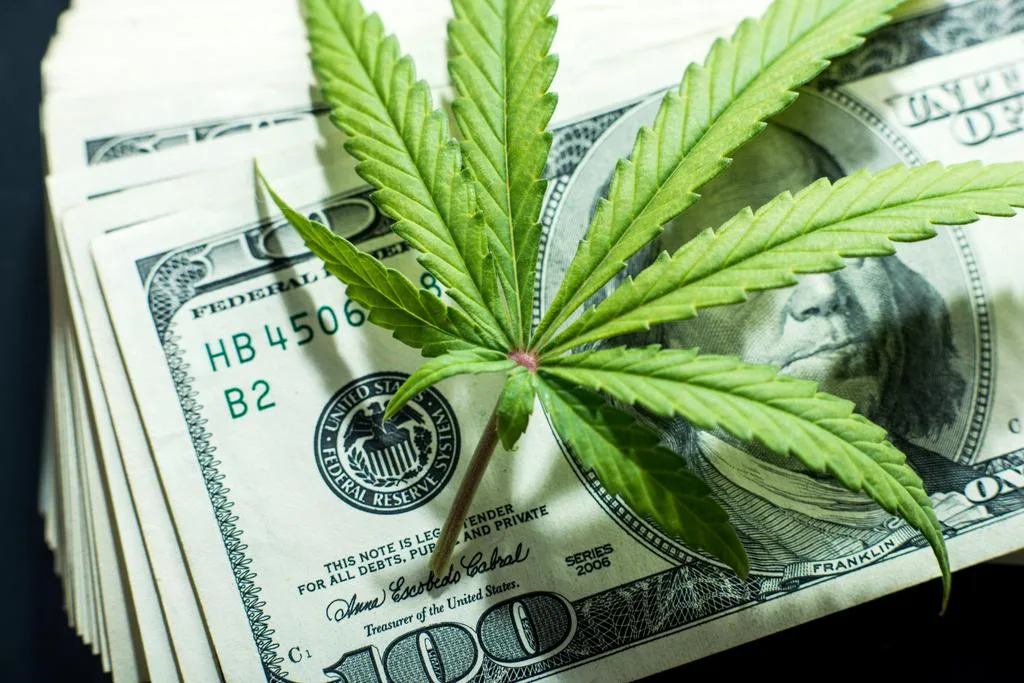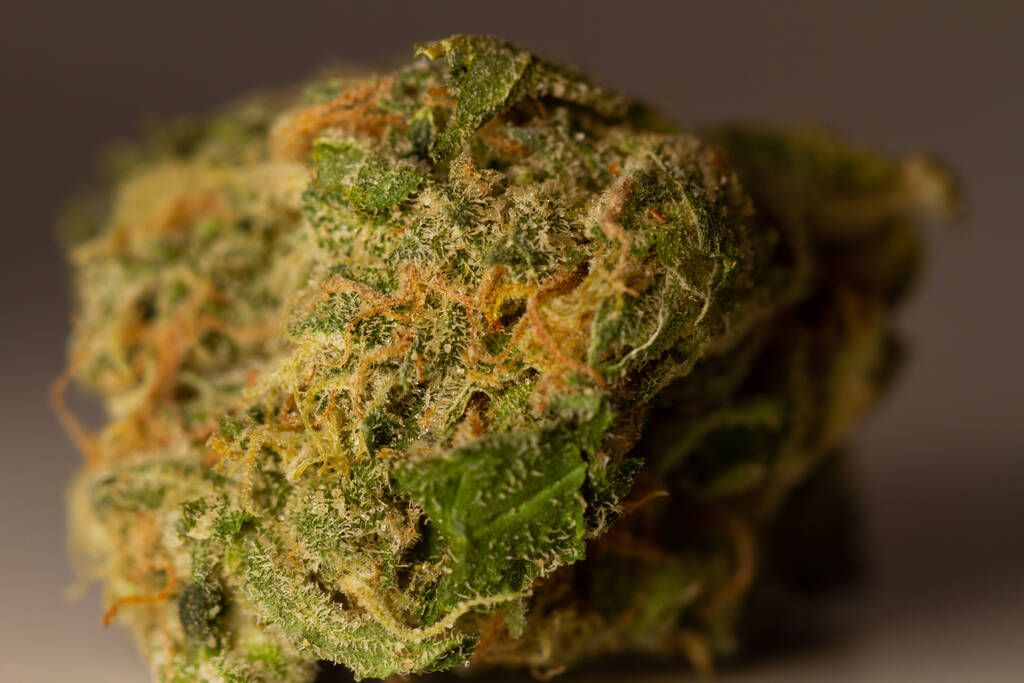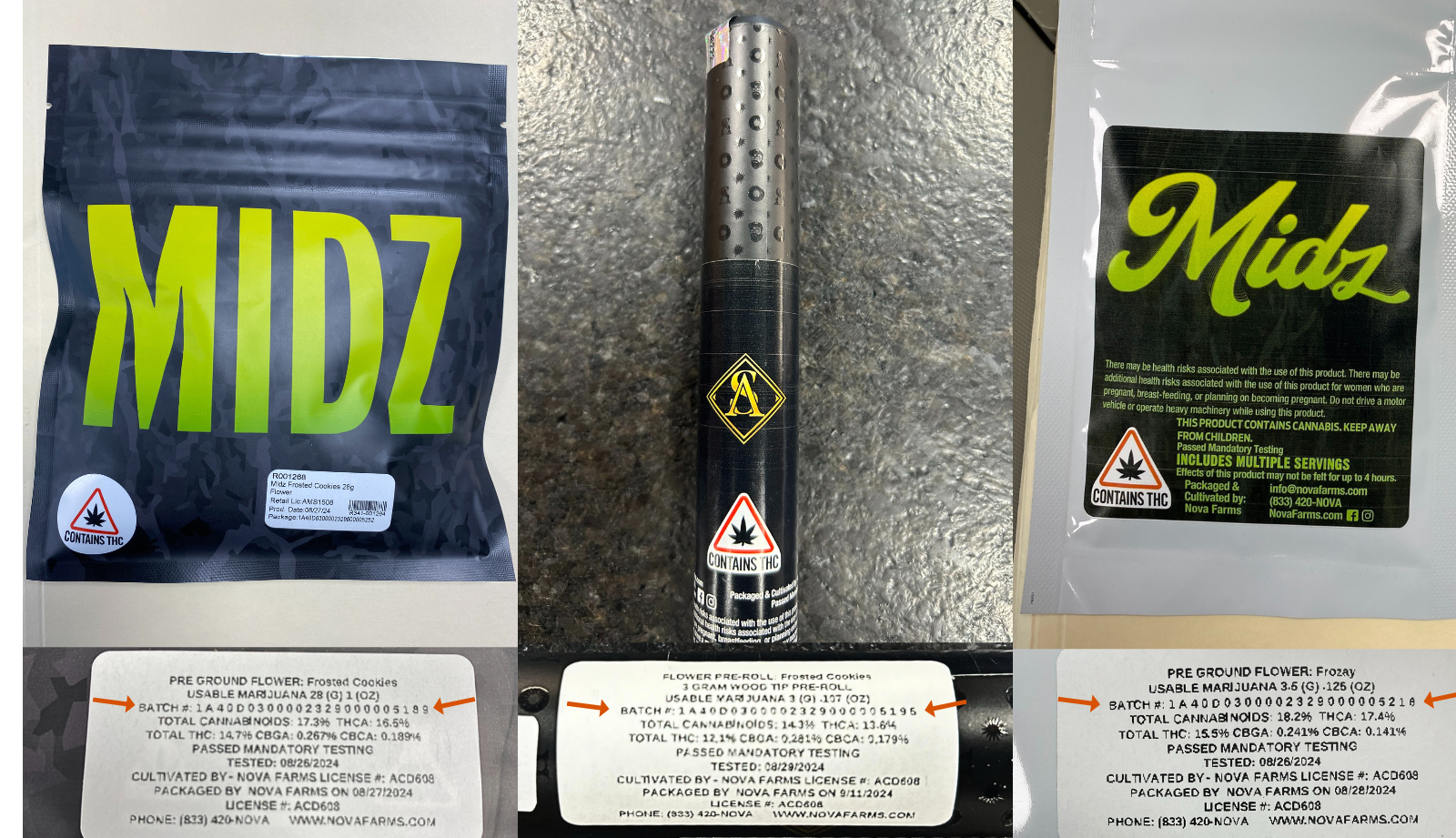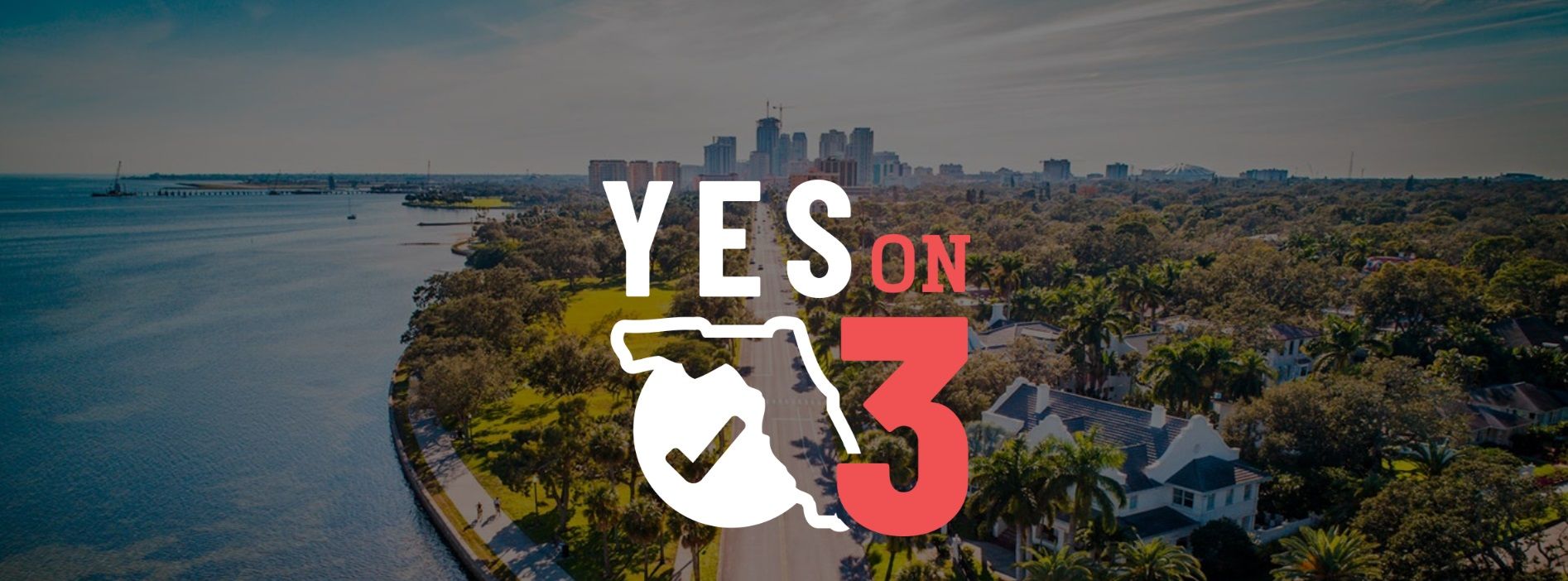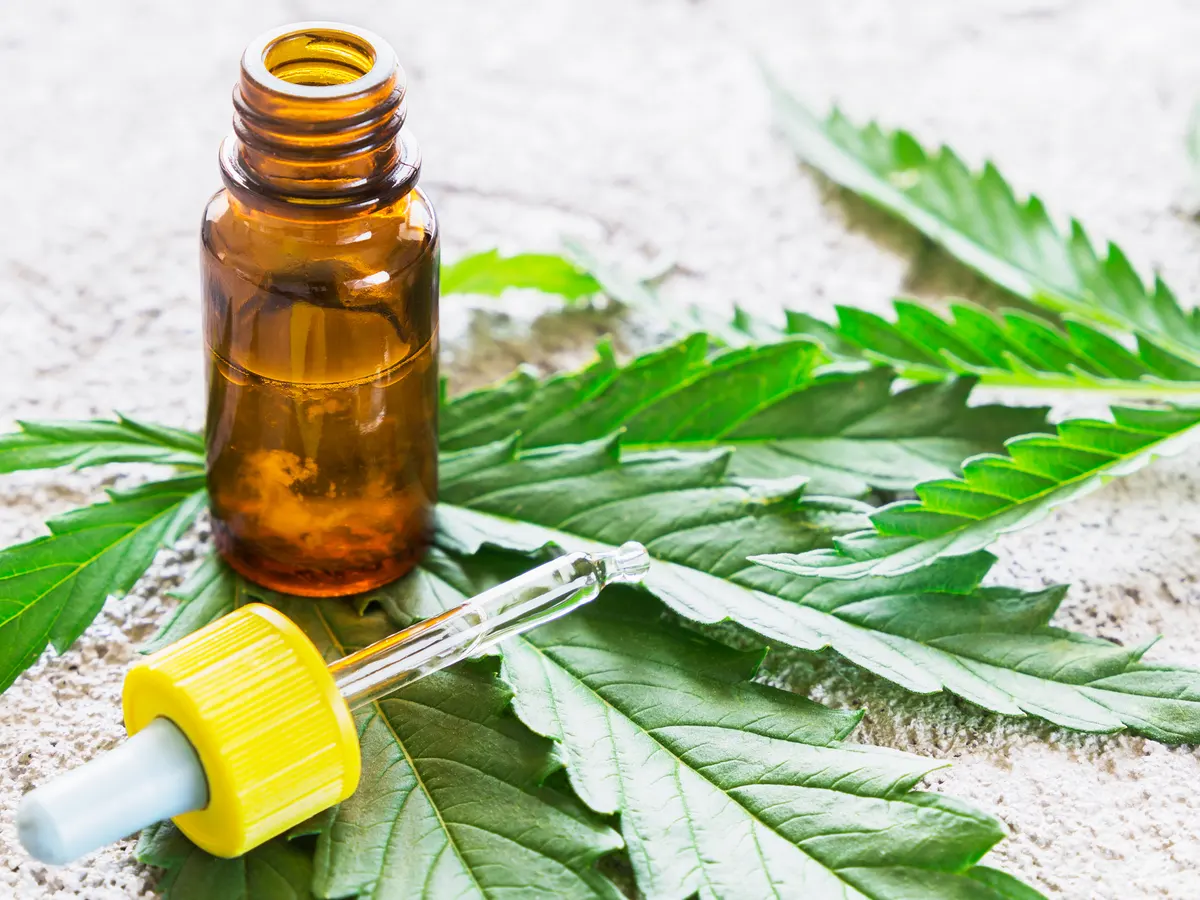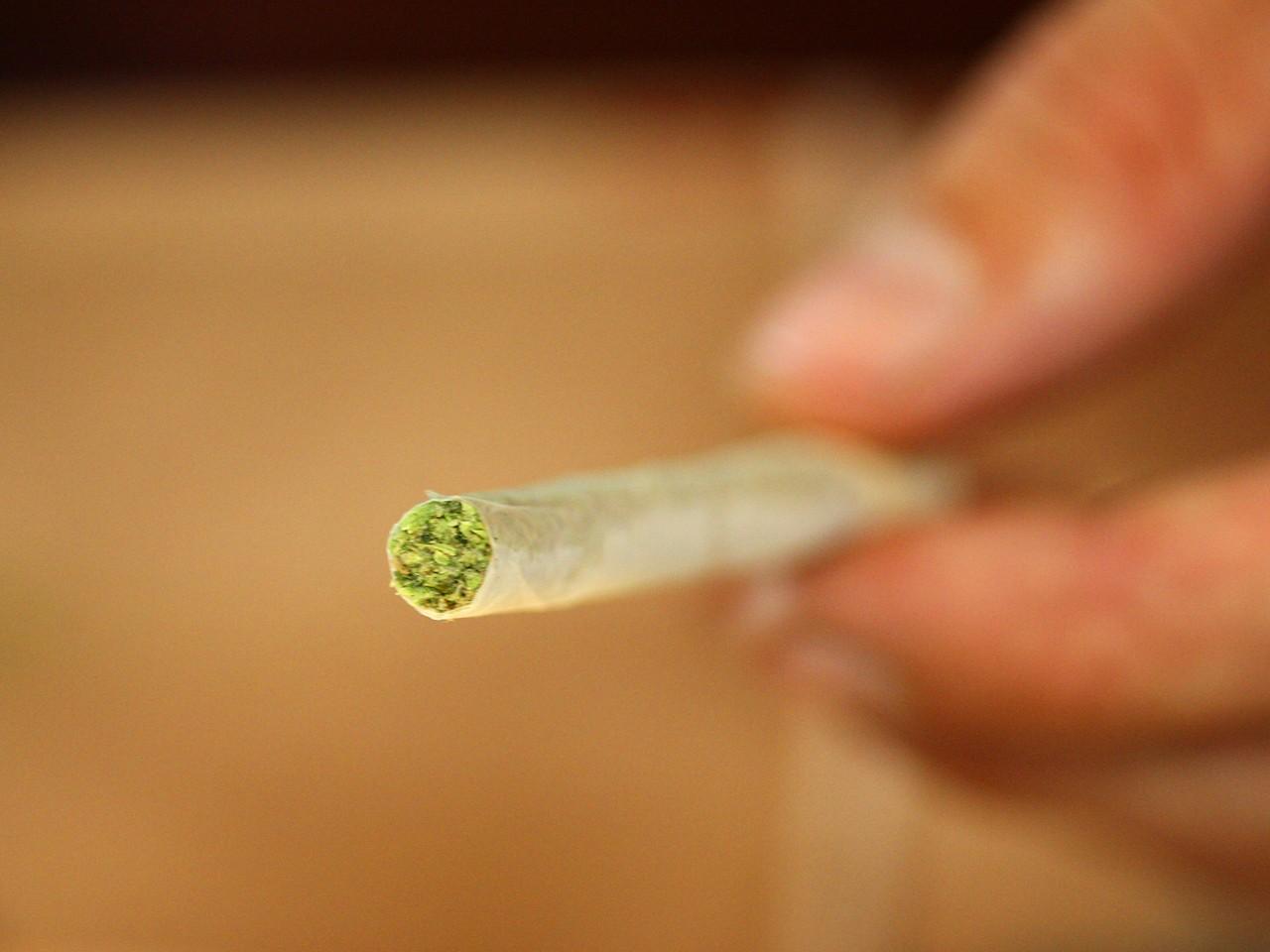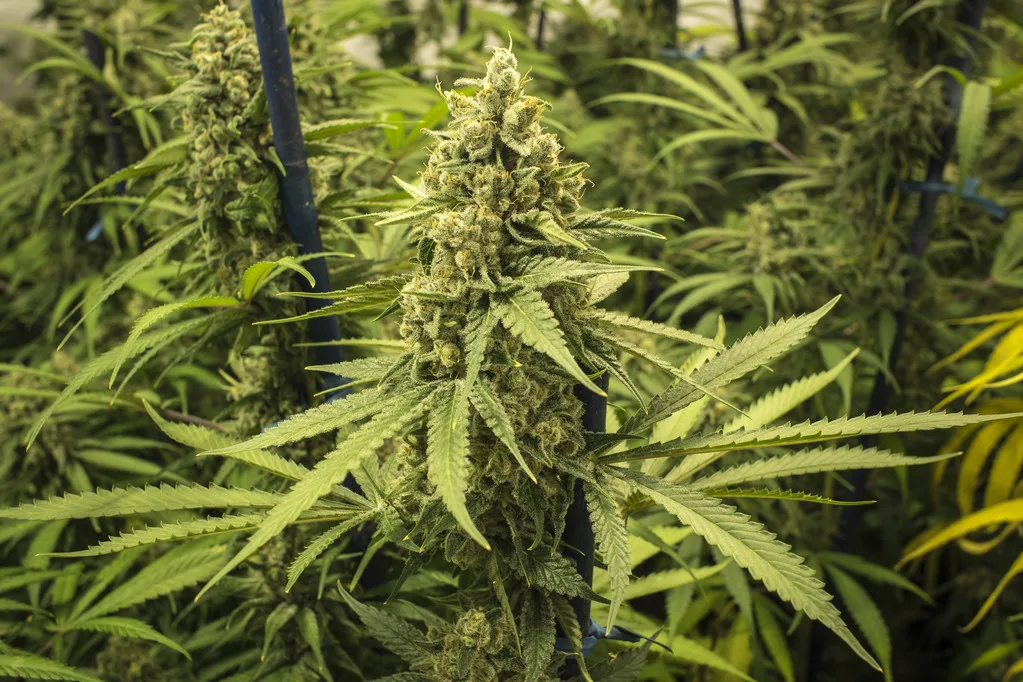The Washington State Auditor has issued a performance audit evaluating the effectiveness of Washington’s oversight of its cannabis industry.
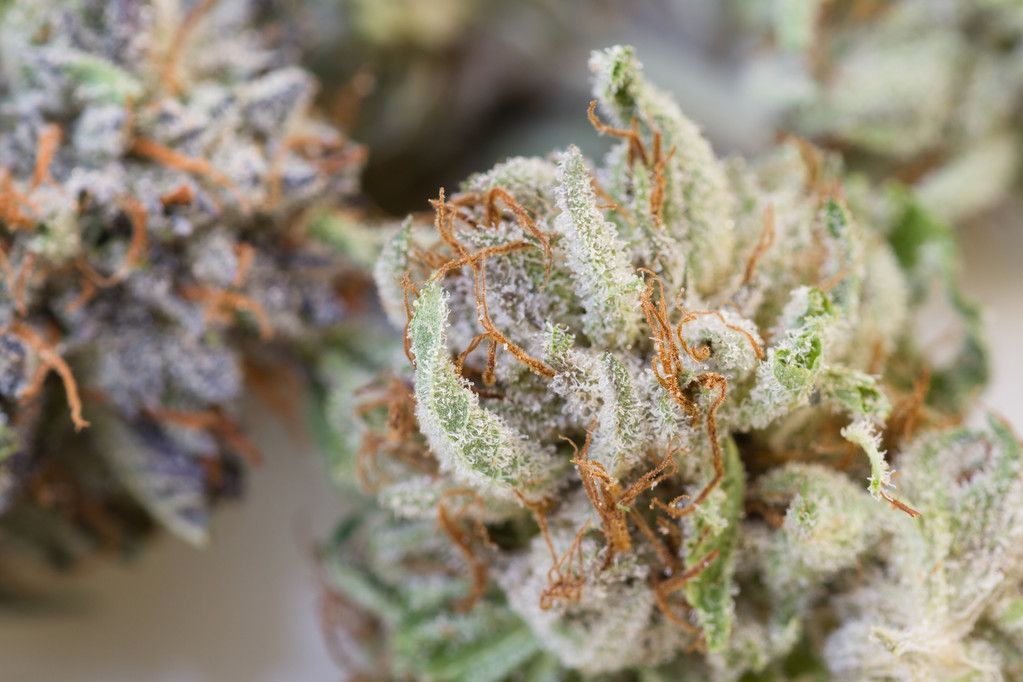
Released under the title “Evaluating Washington State Oversight of the Cannabis Industry,” the report outlines critical shortcomings in the state’s cannabis tracking system—a cornerstone promised to voters in 2012 with the passage of the recreational cannabis legalization initiative.
Initially, Washington State’s Liquor and Cannabis Board (LCB) aimed to implement a comprehensive “seed-to-sale” tracking system designed to monitor every stage of cannabis production and distribution. In 2018, the auditor’s office found this system under development, expressing confidence it would safeguard compliance, prevent illegal market diversions, and ultimately enhance transparency. However, the new audit reveals that the anticipated system has faltered, and the LCB now projects it won’t be fully functional until 2031, nearly 20 years after voters initially approved recreational cannabis.
Continue reading

